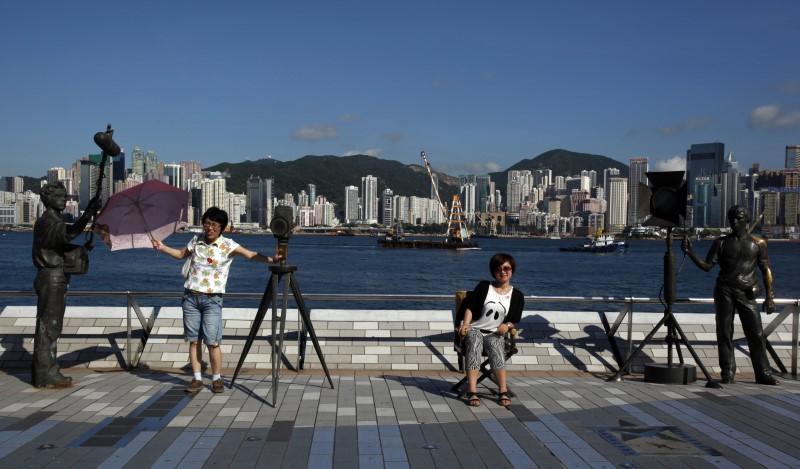China will take action to curb tax evasion and control “unreasonable” rates of pay in the film industry, Chinese state-run media Xinhua reported on June 27, citing a notice issued by China’s film and tax regulators.
It said illegal payment practices, including the drawing up of fake contracts in order to falsify income declarations, were driving up film production costs, undermining overall product quality, and damaging China’s film industry, now worth $8.6 billion.





